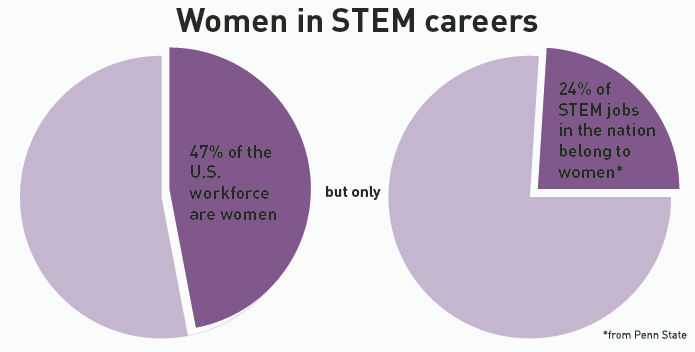Stanley: Hawking was greatest scientific mind since Einstein
March 21, 2018
Professor Stephen Hawking, one of the greatest luminaries in the history of physics, died on March 14, 2018, at the age of 76.
His incredible work in cosmology elevates him to a plane of reverence occupied only by Albert Einstein and Edwin Hubble. Together with those two men, Hawking shaped the vision of our universe today, at its beginning and at its ultimate end. His 1974 paper on black holes completely revolutionized the scientific understanding of those enigmatic bodies, and Hawking’s thesis adviser (Dennis Sciama, who played a significant role in the formation of modern cosmology himself) described it as “the most beautiful paper in the history of physics.” A few weeks later, he was elected a Fellow of the Royal Society at 32—one of the youngest scientists to receive this prestigious honor. After spending some time at Caltech and Cambridge, where he was named the Lucasian Professor of Mathematics (a post once held by Isaac Newton), Hawking wrote what may have been his most socially impactful work: “A Brief History of Time.” His usage of non-technical language to reveal an understanding of the universe that only he possessed made it an instant hit, selling 9 million copies and remaining on various best-seller lists for up to 237 weeks. In “A Brief History of Time,” he wrote, “If we discover a complete theory [of physics], it would be the ultimate triumph of human reason – for then we would know the mind of God.” For his prodigious efforts in working towards this complete theory—the Holy Grail of science—Hawking was hailed as “Master of the Universe.”
No discussion about Professor Hawking can be complete, however, without mentioning his disability and the tireless advocacy work that he performed. He was diagnosed with ALS (otherwise known as Lou Gehrig’s disease), a motor neurone disease that slowly paralyzed him over the years. He was diagnosed in 1963, and doctors then gave him two years to live; while he certainly outperformed their expectations, the story of his life is nonetheless a sad one. By the late 1960s, he began to use crutches and slowly lost the ability to write, eventually using a wheelchair to increase his mobility. By the late 1970s, only his closest associates and family could understand his speech, and in 1985 complications from a life-threatening case of pneumonia robbed him of speech completely. Initially, he was able to press a switch to generate a synthesized voice speaking from a word bank; as he lost the remaining use of his hand, he worked with Intel on a system that allowed him to control his synthesizer with his cheek muscles. By 2009, he could no longer drive his wheelchair independently, but the London-based startup SwiftKey developed a system for him to control it with his chin movements. Clearly, Professor Hawking pushed on tirelessly in the face of adversity. Jane Hawking, his wife, said “Some people would call it determination, some obstinacy. I’ve called it both at one time or another.”
Some, however, have stated that Professor Hawking succeeded because of his disability, not in spite of it. An article from the Wall Street Journal focuses on cartoons that depicted an empty wheelchair in the foreground with an silhouette of Hawking standing among a background of stars, stating that “many people have reduced Hawking to a victim of his disability who’s fortunate to be dead.” While Professor Hawking would absolutely never agree with that sentiment, the history of his perseverance and relentless drive speaks for itself. It is irresponsible to ignore that Professor Hawking suffered greatly due to his physical issues. He himself had a typically witty response in an interview published in Science Digest in 1984, stating that, “My disabilities have not been a significant handicap in my field……..indeed, they have helped me in a way by shielding me from lecturing and administrative work that I would otherwise have been involved in.” However, Lord Martin Rees, Astronomer Royal and a close colleague of Hawking, paints his struggles in a much less flippant light. While Hawking was composing his 1974 paper—briefly referenced above—Rees wrote, “I would often push his wheelchair into his office, and he would ask me to open an abstruse book on quantum theory…….He would sit hunched motionless for hours — he couldn’t even turn the pages without help. I wondered what was going through his mind, and if his powers were failing.” Fortunately for the scientific community and the human race, they were not, but the thought of the greatest scientific mind since Einstein bent over a book, staring at an equation for hours, powerless to even turn the page, brings tears to my eyes. Professor Hawking was unable to be his own master, so he settled for being master of the universe.
Rest in peace, Professor.















